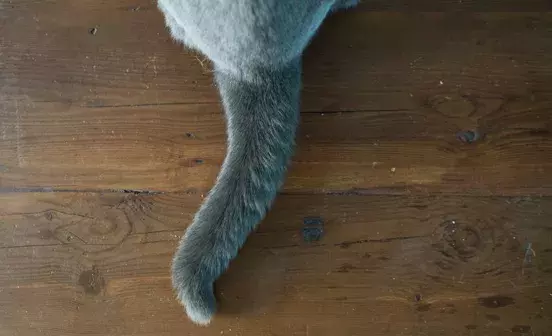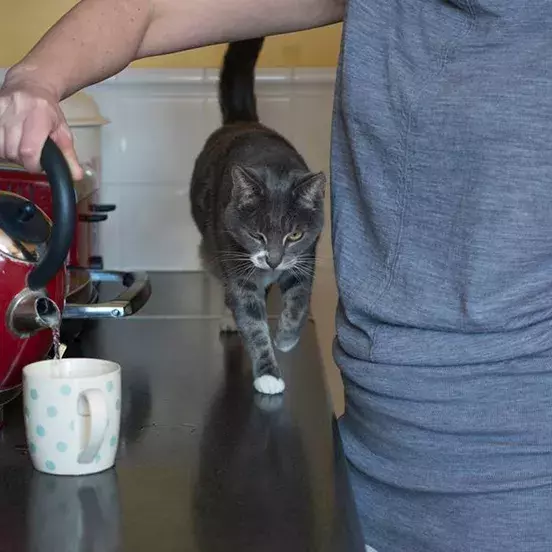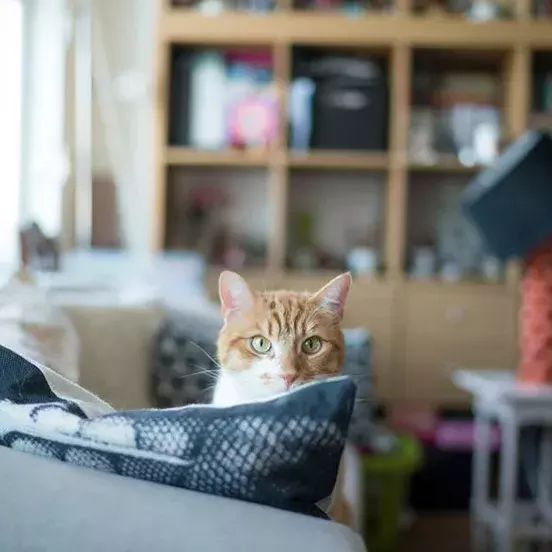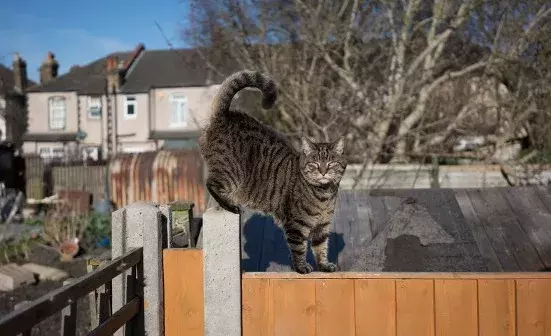Everything you need to know about kitten season.
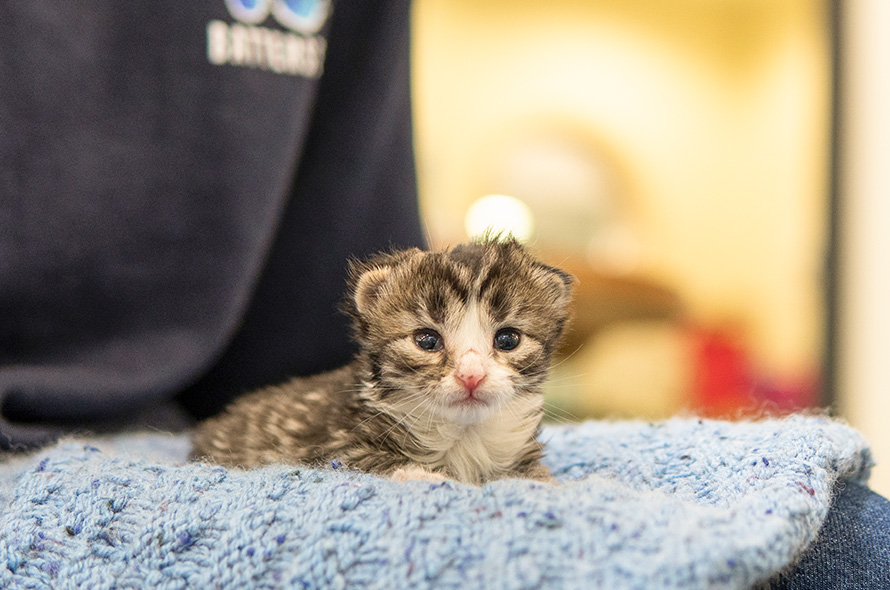
WHAT IS KITTEN SEASON
Kitten Season is a term used to describe the period of which cats predominantly breed and give birth. Although cats can breed nearly all year long, Kitten Season tends to run from April to late Autumn. During the summer months, Battersea tends to see a higher number of pregnant cats and kittens coming through the doors, all needing new homes.
Because of this, new owners may consider timing their visits for around this period if they are keen to offer a kitten a home.
During the winter months we usually experience a brief respite with fewer 'out of season' litters being born. However, during the winter months there are still plenty of adult cats looking for a home.
Meet the cats, find out about rehoming and start your search for your perfect feline friend.
CAT OR KITTEN? WHICH ONE IS RIGHT FOR ME?
There’s no doubt kittens are irresistibly cute bundles of joy. Things will never be the same again once a furry little ball of energy enters your life. Watching them grow up with you and your family is an absolute delight.
What people sometimes don’t realise, however, is that for all those big eyes and playful paws, kittens can be a lot of work. They don’t come with an off-switch! Just like babies, kittens are hugely demanding of your time. They need four feeds a day, countless litter changes and constant entertainment.
Having a kitten is also a bit of a leap into the unknown because their characters and social skills are still developing, a kitten’s personality can change with time.
It’s worth thinking carefully whether an adult cat might suit your needs better. Not only are they more self-reliant (and so can be left alone for longer), but they’re also more likely to respect your home rather than climb up the curtains!
You can get a proper sense of an adult cat’s personality and so decide whether they’ll fit your family – Certainly, if it’s a homely, lap cat you’re after, you’re much better off with an adult.
HOW DO CATS COME INTO SEASON?
Cats can become sexually mature from just four months old which is why it is so important to get them neutered at this age, to prevent them from becoming pregnant with unwanted litters. From four months, cats will experience heat cycles with active signs such as restlessness and calling, lasting a couple of days and reoccurring every few weeks during the breeding season.
A cat coming into season can vary depending on the region and the climate of that given year. Cats coming into heat is often due to the increased daylight hours of the spring and summer. This signals warmer weather thus more availability of food for the mother to provide for herself and her kittens.
Females in season will seek out a mate during this period, with unneutered males already on the search! If there is more than one male in the vicinity, the female can mate more than once in a day. This gives her a higher chance of reproductive success and can mean her litter has several different fathers.
A cat’s short reproduction cycle, with pregnancy only lasting for nine weeks, and females coming back into season just six weeks after giving birth, means there is the potential for a vast number of kittens being born in a brief period. And, as cats can have litters of up to nine kittens at one time (with an average of 4-6 kittens), the number of cats and kittens needing homes can reach crisis levels in the summer months.
THE IMPORTANCE OF NEUTERING
Neutering has lots of benefits from both the cat’s perspective and their owners. It can not only prevent unwanted litters but also unwanted behaviours such as spraying in the home. The best time to neuter your kitten is at four months of age as they start to reach sexual maturity. The Kitten Neutering Database (KIND) provides further information and veterinary centres who offer this service.
To obtain more advice on neutering and to answer any questions you may have, access our Cat Neutering pet advice page.
WHEN IS THE RIGHT AGE TO ADOPT A KITTEN?
Kittens shouldn’t be rehomed until they’re at least eight weeks old (Battersea rehomes at 9 weeks). The mother-kitten relationship is vital to a kitten’s development; and it’s partly thanks to mum that kittens grow into healthy, well-adjusted adults.
Although kittens start eating solids at four to five weeks, they’re still dependent on their mother for food and warmth until they’re around eight weeks old. Mum will still also be helping them toilet – not only stimulating their motions through licking but also showing them how to do it on their own. Kittens learn from their littermates too - growing up around their brothers and sisters develops their social skills. Without it they can grow up fearful, skittish or even aggressive.
If you plan on getting a kitten, always make sure you know exactly how old it is and how long it spent with its mum and siblings.
